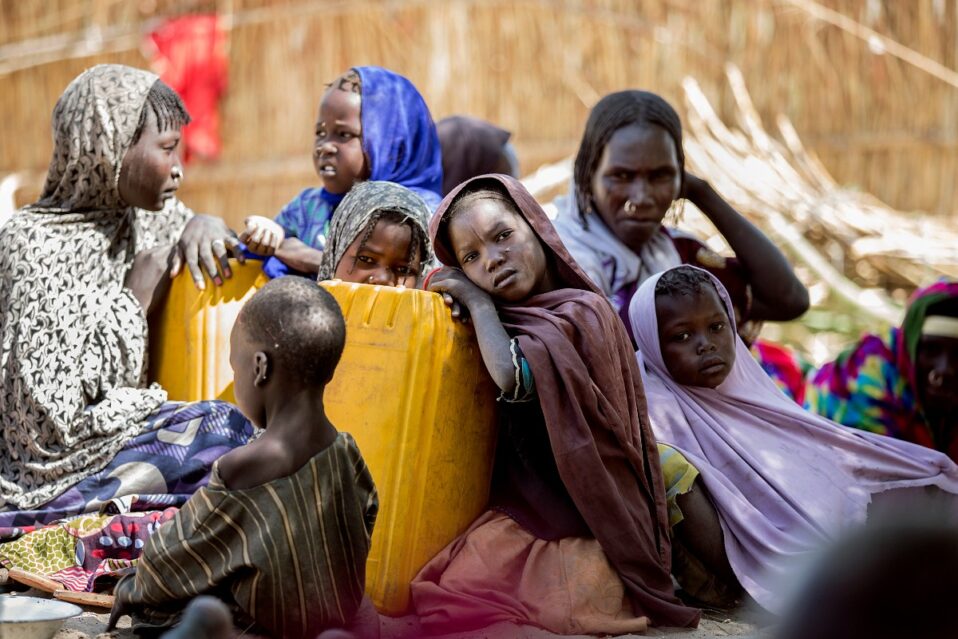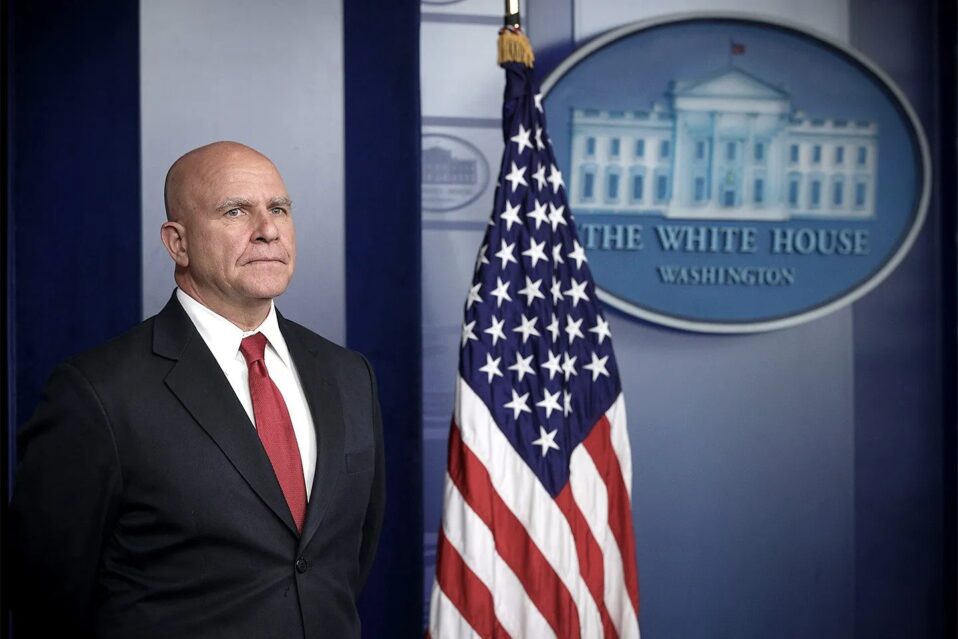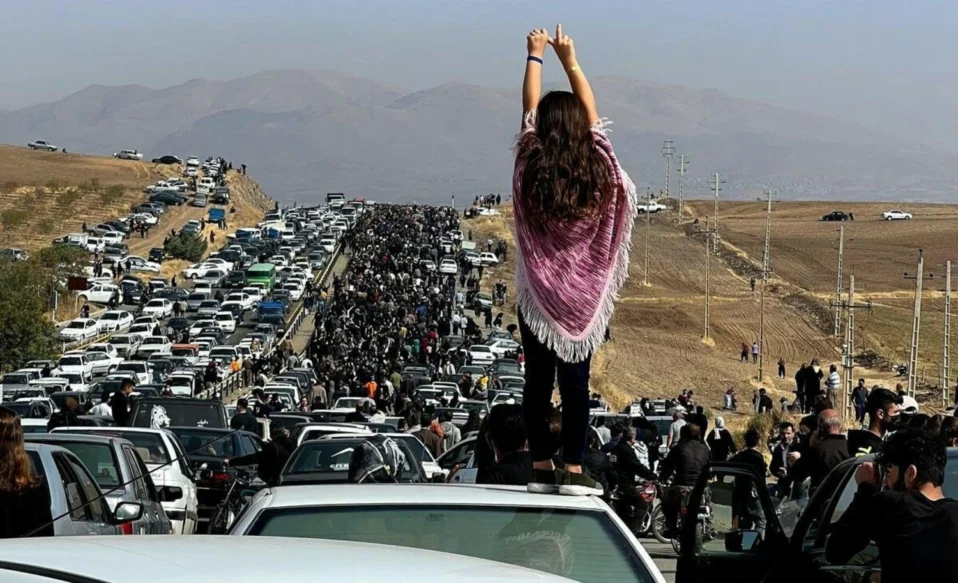A spate of mass kidnappings this past week shook Nigeria, underscoring the persistent threat of Islamist militant groups operating in the Lake Chad Basin (LCB) region and the need for renewed and coordinated responses to counter them. On March 7, armed men wearing military uniforms on motorbikes abducted over 280 children between the ages of seven and 18 from a school in Kuriga, Kaduna State.[1] Then, two days later, bandits abducted 15 children and one woman while they were asleep from Gidan Bakuso, a village in Nigeria’s northwest Sokoto State.[2] Although no group has claimed responsibility for the abductions, local and state officials, as well as regional analysts, suspect that Boko Haram and Ansaru, an offshoot of the former that broke away in January 2012, are to blame.[3] The attacks were preceded by the purported abduction of nearly 200 persons in Ngala, Borno State on March 1, although regional security analyst David Otto, director of the Geneva Center for Africa Security and Strategic Studies, has asserted that the disappearance of these persons is in fact more likely a case of recidivism, as internally displaced persons (IDPs) flee squalid living conditions in government-run IDP camps.[4] These recent events are alarming not only because they demonstrate that regional efforts to combat Boko Haram and Ansaru are failing, but because they also suggest that government efforts to manage the situation are worsening the plight of many Nigerians and driving them into the arms of the insurgency. As such, now is the time to conduct a new appraisal of the instability plaguing the LCB region and to offer fresh insights into how best to counter Islamist militant groups operating in the area.
Rectifying Grievances
Nigerian state officials must undertake scrupulous and dedicated reforms to reduce the appeal of Boko Haram and other Islamist militant groups. This means that Nigerian officials must engage in the sustainable development of impoverished regions by improving infrastructure – particularly roadways, water, and sewage – as well as providing more far-reaching access to healthcare and education. Such development is especially needed in areas that Nigerian military forces have recaptured from militants. Officials must also find a way to better manage persons migrating to Nigerian agricultural lands and cities as a result of climate change. Desertification in Chad has driven Chadians into Nigerian agricultural land, creating “sons of the soil” conflicts in which local inhabitants feud with migrants over access to limited water supplies and housing.[5] Such desertification has also driven Fulani pastoralists of northern Nigeria into southern cities, risking a spike in ethnic tensions that have already led to the targeted killings of Fulani in nearby Burkina Faso, Mali, and Ghana.
[6] These migrants are especially susceptible to being radicalized by Islamist militant groups because of their unstable economic situation. Nigerian officials should also engage in systematic institutional reform to counter rampant corruption and nepotism. Officials must look to improve the Nigerian public’s trust in the government by enhancing transparency and accountability. Creating initiatives that help educated Nigerians find suitable employment is imperative to help stem disillusionment. Additionally, providing training in trades and other technical skill sets will help to alleviate the strain on Nigeria’s economy and augment the workforce with workers whose skills can be used to repair and construct much-needed infrastructure. A further point of consideration lies in improving the conditions of IDP camps. Life in IDP camps is often a little easier than living in areas controlled by militants, and many camp inhabitants suffer from malnutrition.[7]
Consequently, Nigerian officials must take steps to ensure that camp inhabitants have access to adequate food, potable water, and shelter. An additional concern is providing camp inhabitants with access to healthcare, including psychosocial counseling for those who have suffered from sexual violence and other traumatic experiences. Officials must also work to provide job training and education for inhabitants to provide them with a sense of direction and purpose, lest the lack thereof prove an enticement to return to areas controlled by militants.
Finally, Nigerian officials must establish offramps for militants seeking to rejoin society. Many members of Boko Haram and Ansaru are forcibly conscripted when captured by militants during raids. As a result, forced conscripts become trapped in militant groups out of fear that surrendering will result in their execution, a valid concern in light of the regional military force’s frequent human rights violations. The Nigerian National Security Agency has created deradicalization and reeducation programs, but these programs require greater funding and must be more readily publicized to be effective at winning over potential militant
defectors.[8]
Military Reform
In addition to enacting transformative institutional, economic, and social policies, Nigerian officials must also reform the national military and work to convert the Multinational Joint Task Force (MNJTF) into a competent counterinsurgency organization. The Nigerian military’s history of human rights violations has eroded Nigerians’ trust in it, and as such, the Nigerian government must work to ensure stricter troop discipline and greater accountability.[9] Enhancing civilian-military relations is a part of this process, and moving the MNJTF’s human rights office out of the military chain of command and transferring it to a civilian authority will likely help to restore trust while improving accountability for crimes committed by military personnel.[10] Regional government and military officials can also work to bolster the MNJTF by resolving certain funding deadlocks. Doing so would enable the MNJTF to provide its troops with more adequate equipment and training, thus raising morale and effectiveness while decreasing the likelihood of defection or human rights abuses. MNJTF headquarters needs to also improve trust among the force’s various Cameroonian, Chadian, Nigerian, and Nigerien national contingents, something that can be accomplished through joint training exercises, further language training, and officer development programs. The MNJTF must also seek to establish a common counterinsurgency doctrine among all national contingents, seeing as each national contingent’s individual school of practice hampers collective force integration and coordination.[11] By aligning national counterinsurgency practice with a coherent organization-wide doctrinal framework, time can be spent preparing MNJTF forces for offensive campaigns rather than teaching preliminary force integration techniques. As a final point of consideration, the MNJTF national contingents should partake in greater intelligence sharing to facilitate joint planning and operations. This will first require building greater trust between governments, but doing so will strengthen interstate relations and improve the effectiveness of counterinsurgency campaigns.
Looking Ahead: The Risk of Inaction
The recent mass abductions in Nigeria attest to the enduring threat that Boko Haram, Ansaru, and other Islamist militant groups pose to the national and regional security of the LCB region. Previous efforts to counteract these groups have been hamstrung by persistent grievances such as corruption and limited economic opportunities, as well as an ineffective counterinsurgency force. Engaging in reforms to reduce the appeal of joining these militant groups will help deprive militants of recruits. In order to ensure security and diminish the risk of further abductions and attacks, however, national and regional military systems need to be better funded to sufficiently equip their forces. They also need to create mechanisms that improve accountability, bolster civil-military relations, and establish a common doctrine in order to become a competent fighting
force. Delaying much-needed reforms not only exacerbates current problems but elevates the risk that Islamist militant groups will come to possess the resources and networks that enable them to conduct more sophisticated and coordinated attacks in concert with one another. While the problems driving regional insecurity will take years to fully address, the aforementioned recommendations are a starting point for waging a comeback against Islamist militant groups wreaking havoc throughout the region.
[1]Angelique Chrisafis, “Search Continues for Hundreds of Kidnapped Nigerian Schoolchildren,”
The Guardian, March 10, 2024, https://www.theguardian.com/world/2024/mar/10/search-
continues-kidnapped-nigerian-schoolchildre n.
[2] Taiwo Adebayo, “A Decade Since the Chibok Abduction, More Than 1,400 Nigerian Students
Have Been Kidnapped,” Associated Press News, March 9, 2024,
https://apnews.com/article/nigeria-abduction-gunmen-e7d9ba127485e893d80eae1218b702fd.
[3] Mansur Abubakar, “Kuriga Kidnap: More Than 280 Nigerian Pupils Abducted,” BBC, March
9, 2024, https://www.bbc.com/news/world-africa-68504329.
[4] Sarah Carter, “Mass Kidnappings from Nigeria Schools Show ‘The State Does Not Have
Control,’ One Expert Says,” CBS News, March 11, 2024,
https://www.cbsnews.com/news/nigeria-kidnapping-schools-state-does-not-have-control-expert/.
[5] Jennifer Dabbs Sciubba, “Population, Climate, and Conflict: New Data Point to Greater
Challenges Ahead,” Center for Strategic and International Studies, October 29, 2021,
https://www.csis.org/analysis/population-climate-and-conflict-new-data-point-greater-challenges-
ahea d.
[6] James Courtright, “Ethnic Killings by West African Armies Are Undermining Regional
Security,” Foreign Policy, March 7, 2023, https://foreignpolicy.com/2023/03/07/mali-burkina-faso-
fulani-ethnic-killings-by-west-african-armies -are-undermining-regional-security/.
[7] Brit McCandless Farmer, “Beyond the Chibok Girls: Inside Nigeria’s IDP Camps,” CBS News,
February 17, 2019, https://www.cbsnews.com/news/beyond-the-chibok-girls-inside-nigerias-idp-
camps-60-minutes/.
[8] Jennifer G. Cooke, “Statement before the House Foreign Affairs Committee Subcommittee
on Terrorism, Nonproliferation and Trade, ‘Boko Haram: The Islamist Insurgency in West
Africa,’” Center for Security and International Studies, February 24, 2016, https://csis-website-
prod.s3.amazonaws.com/s3fs-public/legacy_files/files/attachments/ts160224_Coo ke.pdf.
[9] Olabanji Akinola, “Boko Haram Insurgency in Nigeria: Between Islamic Fundamentalism,
Politics, and Poverty,” African Security 8, no. 1 (2015): 18,
https://doi.org/10.1080/19392206.2015.998539.
[10] International Crisis Group, “What Role for the Multinational Joint Task Force in Fighting
Boko Haram?” Africa Report No. 291, July 7, 2020, https://www.crisisgroup.org/africa/west-
africa/291-what-role-multinational-joint-task-force-fighting-b oko-haram.
[11] Gershon Adela, “Institutional Counterinsurgency Frameworks in the Lake Chad Basin: The
Case of the Multinational Joint Task Force against Boko Haram,” Defense & Security Analysis
39, no. 1 (2023): 102-103, doi:10.1080/14751798.2023.2166520.
Photo courtesy of utenriksdept on Flickr, CC BY-NC-ND 2.0
Mason W. Krusch is a master’s candidate in the Global Studies and International Relations
program at Northeastern University (Boston, MA). His research interests include Eurasian
security, unconventional warfare, information warfare, and strategic communication. He holds a
BA in history from the University of North Carolina at Chapel Hill.








